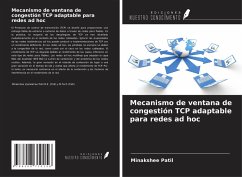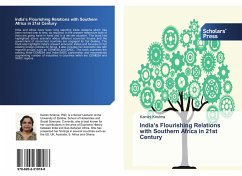
India's Ad Hoc Arsenal
Direction or Drift in Defence Policy?
Versandkostenfrei!
Versandfertig in 1-2 Wochen
137,99 €
inkl. MwSt.

PAYBACK Punkte
69 °P sammeln!
Arms exports to and military expenditures in developing countries have consistently attracted considerable criticism since the development of upward trends in the 1970s. More recently, the range of people and organizations prepared both to criticize and to act has become broader. Since 1947, and especially since 1962, India has maintained a strong defence sector. During the 1980s, after a decade of unprecedented regional stability following the 1971 Indo-Pakistani War, defence procurement and expenditure began to rise steeply. In part this was in response to technical requirements once the eco...
Arms exports to and military expenditures in developing countries have consistently attracted considerable criticism since the development of upward trends in the 1970s. More recently, the range of people and organizations prepared both to criticize and to act has become broader. Since 1947, and especially since 1962, India has maintained a strong defence sector. During the 1980s, after a decade of unprecedented regional stability following the 1971 Indo-Pakistani War, defence procurement and expenditure began to rise steeply. In part this was in response to technical requirements once the economy and foreign exchange reserves began to improve. Yet the scale and rate of defence procurement frequently seemed to be more than and beyond what the nation required for modernization on the one hand and security on the other. Nor did there seem to be any great defence logic in what appeared to be a continuing nuclear weapon programme. In the late 1980s the defence modernization programme fell victim to over-expansion and rising international indebtedness and the defence sector fell into chaos and disarray, from which it will take the country many years to recover. However, the nuclear weapon programme proceeded apace. While this will not present a major crisis for national security planners - India remains relatively secure - it does raise many questions about how defence policy is made and managed and what dynamics are at work. In this study, the author attempts a rigorous and comprehensive analysis of why India buys the weapons it does and what motivates the defence process. The conclusions suggest that the quest for great power status, rather than national security, is uppermost in the mindsof politicians when security decisions are taken and that decisions are taken in a haphazard, ad hoc manner.












